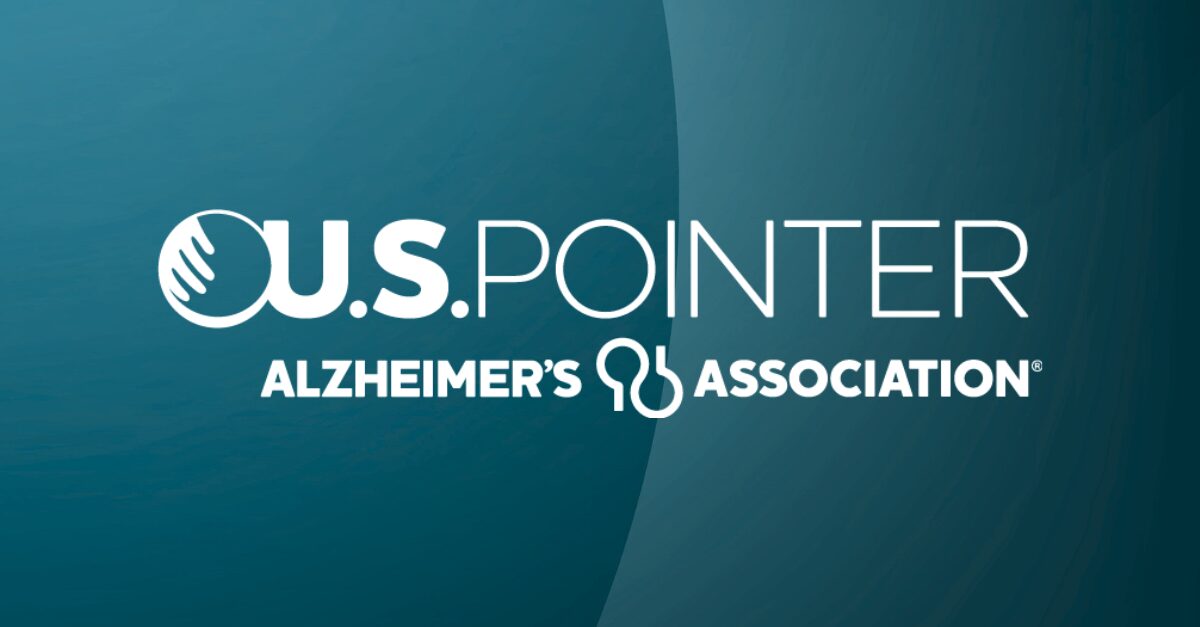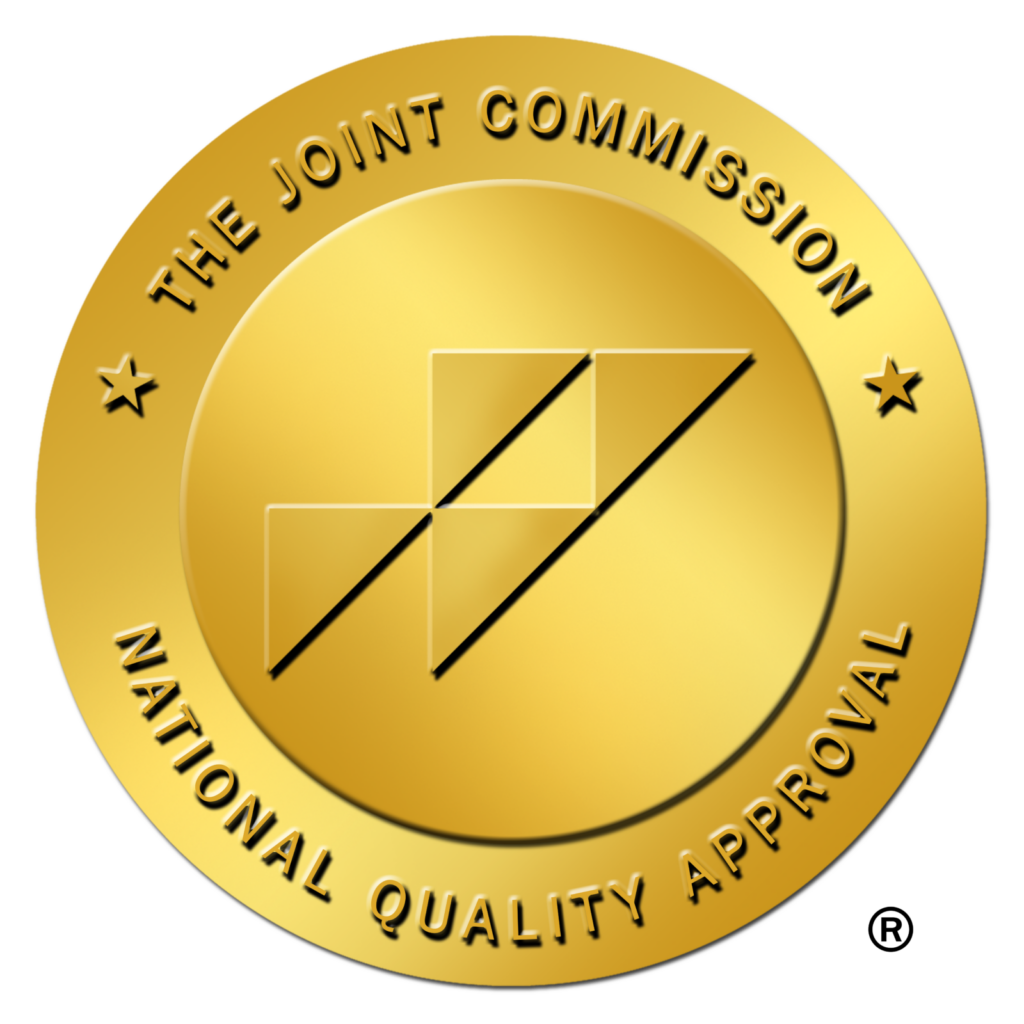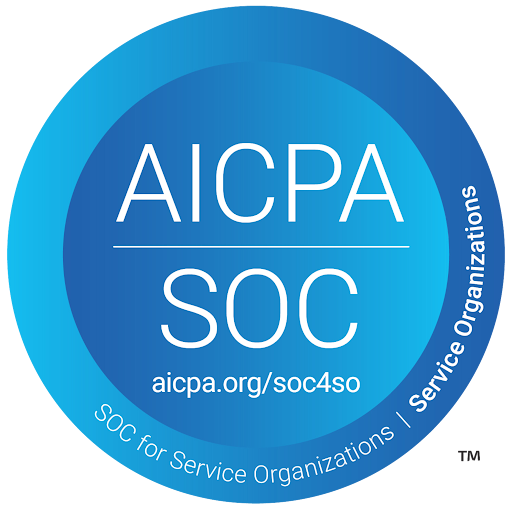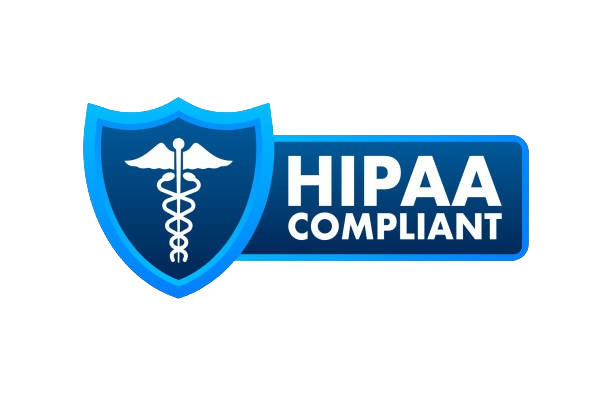Reviewed by Joel Salinas, MD
Last week, researchers published study results of a new blood test, finding a 91% diagnostic accuracy in detecting Alzheimer’s disease. The study included 1,213 patients in Sweden who were undergoing cognitive evaluation for mild symptoms of dementia.
The new blood test measured each of their levels of plasma phosphorylated tau 217 (p-tau217) and amyloid beta, two biomarkers for Alzheimer’s disease pathology. The results were confirmed with cerebrospinal fluid tests.
Compared to physician assessments in identifying Alzheimer’s disease, the new blood test was notably more reliable. Specialists were accurate 73% of the time in identifying Alzheimer’s disease, while primary care doctors were only 61% accurate.
The new blood test is a major step forward – but it’s not a replacement
Today, doctors use a combination of methods to diagnose Alzheimer’s disease and other dementias. These methods typically include a detailed medical history, review of medications, family history, social history, comprehensive neurologic exam, neuropsychological testing, and brain scans.
While the new blood test is a major development, it is not yet a replacement for the current diagnostic process. Here are key reasons:
- The accuracy of the new blood test varies depending on disease progression. For instance, it has higher accuracy in patients who have symptoms of cognitive decline. However, it has lower accuracy in the early stages prior to developing difficulty with memory or thinking.
- A single blood test does not have the full context of a person’s health and their life situation. These are important factors that can influence diagnosis and care planning.
- More research is required to confirm the accuracy of the new blood test. The new blood test’s efficacy should be tested in diverse populations, such as the United States, and across various stages of cognitive decline. Its accuracy in individuals with comorbid conditions (e.g., cardiovascular disease and diabetes) also warrants more study.
“While the blood test could serve as a helpful tool in conjunction with other diagnostic methods, further research is likely needed to establish clear guidelines for its use,” Isaac Health’s Chief Medical Officer Dr. Joel Salinas shared in an interview with Health.com. “The test should be part of a comprehensive diagnostic process rather than used in isolation.”
Accessing the new blood test
The long wait times for Alzheimer’s disease (AD) blood tests stem from several factors. These tests are relatively new and still undergoing validation. The potential for false positives in the setting of other chronic conditions has also been a notable concern.
Overall, this means AD blood tests are not yet widely available in clinical practice. This challenge is compounded by another issue: there is a lack of specialist providers to recommend and appropriately follow through with these tests. Wait times to see a specialist in most memory clinics are about a year on average, with people living in underserved areas facing even longer wait times.
As such, the timeline for widespread availability of these blood tests depends on further research, regulatory approval, and clinical guidelines. The result is that some blood tests are currently available for use by clinicians, but not directly available to consumers. Individuals interested in the new blood test for Alzheimer’s disease should visit their healthcare provider, who can determine if it is appropriate based on their symptoms and medical history.
If you are experiencing problems with memory or thinking, it is important to seek a thorough medical evaluation as early as possible. Early diagnosis of Alzheimer’s disease and related dementias can be crucial for planning and managing the condition.
Isaac Health’s clinicians are here to help you get the answers and support you need. We offer specialist diagnosis and treatment for individuals experiencing symptoms of dementia. You can book a free consultation with one of our specialized team members here.
Source: Palmqvist S, Tideman P, Mattsson-Carlgren N, et al. Blood Biomarkers to Detect Alzheimer Disease in Primary Care and Secondary Care. JAMA. Published online July 28, 2024. doi:10.1001/jama.2024.13855








